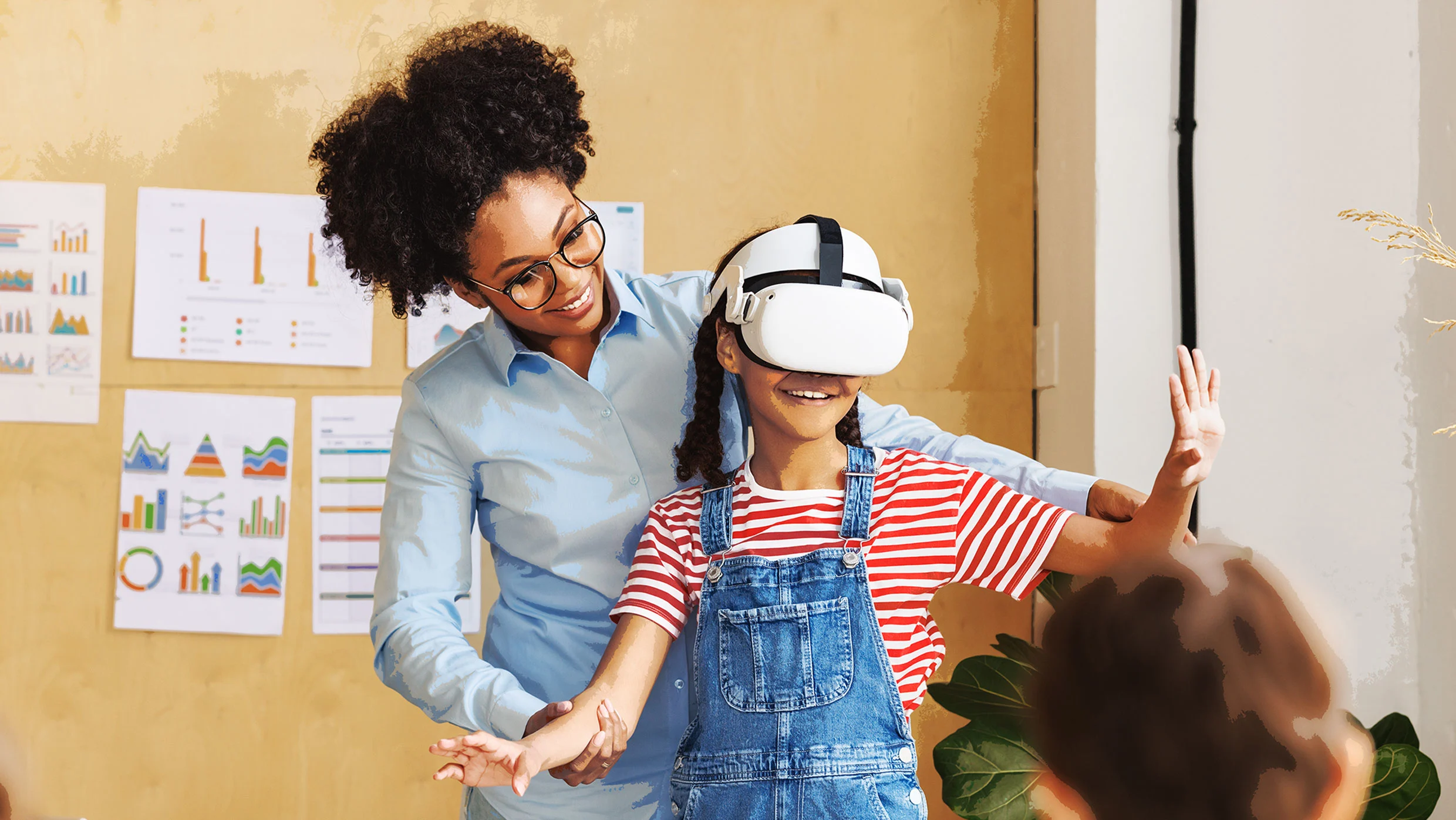
"Many adults can remember acting out scenes as doctor and patient, or using sticks and leaves as imaginary currency. Those playful moments were not just entertainment-they were early lessons in empathy and taking someone else's perspective. But as children spend more time with technology and less in pretend play, these opportunities are shrinking. Some educators worry that technology is hindering social-emotional learning."
"Virtual reality, in particular, can create immersive environments where children interact with characters who display emotions as vividly as real humans. I'm a human-computer interaction scientist who studies social-emotional learning in the context of how people use technology. Used thoughtfully, the combination of VR and artificial intelligence could help reshape social-emotional learning practices and serve as a new kind of "empathy classroom" or "emotional regulation simulator.""
Empathy underpins how children and adults regulate emotions, form friendships, and learn from others. Between ages six and nine, children shift toward noticing others' emotions and perspectives, making early childhood critical for empathy development. Pretend play traditionally provided natural practice for perspective-taking, but increasing screen time is reducing those opportunities and raising educator concerns. Research in affective computing indicates digital systems that recognize or simulate emotions can assist social-emotional learning. Virtual reality can create immersive scenarios with emotionally expressive characters. A VR Empathy Game framework blends developmental psychology, affective computing, and participatory design with children to support empathy and emotional regulation.
Read at Fast Company
Unable to calculate read time
Collection
[
|
...
]